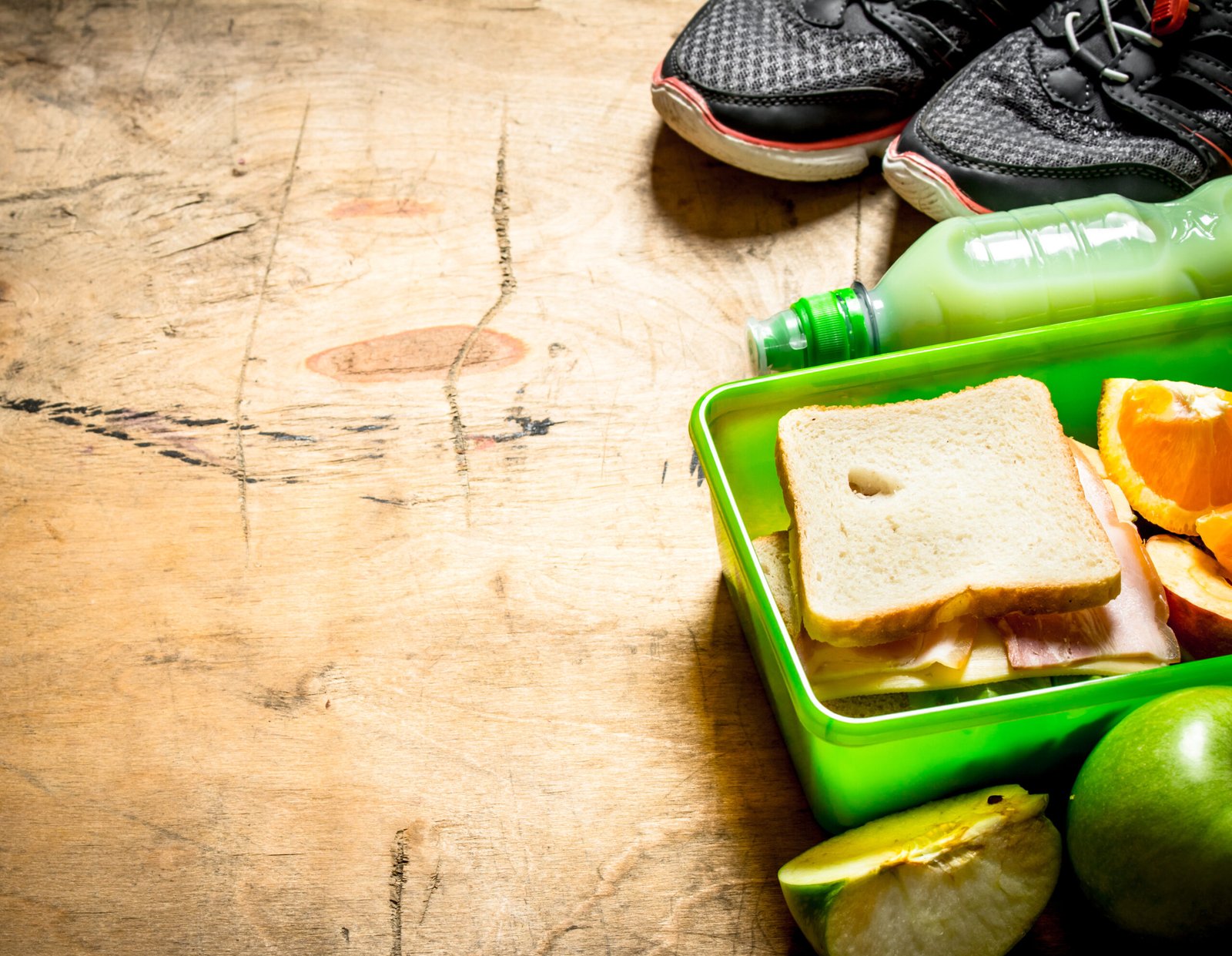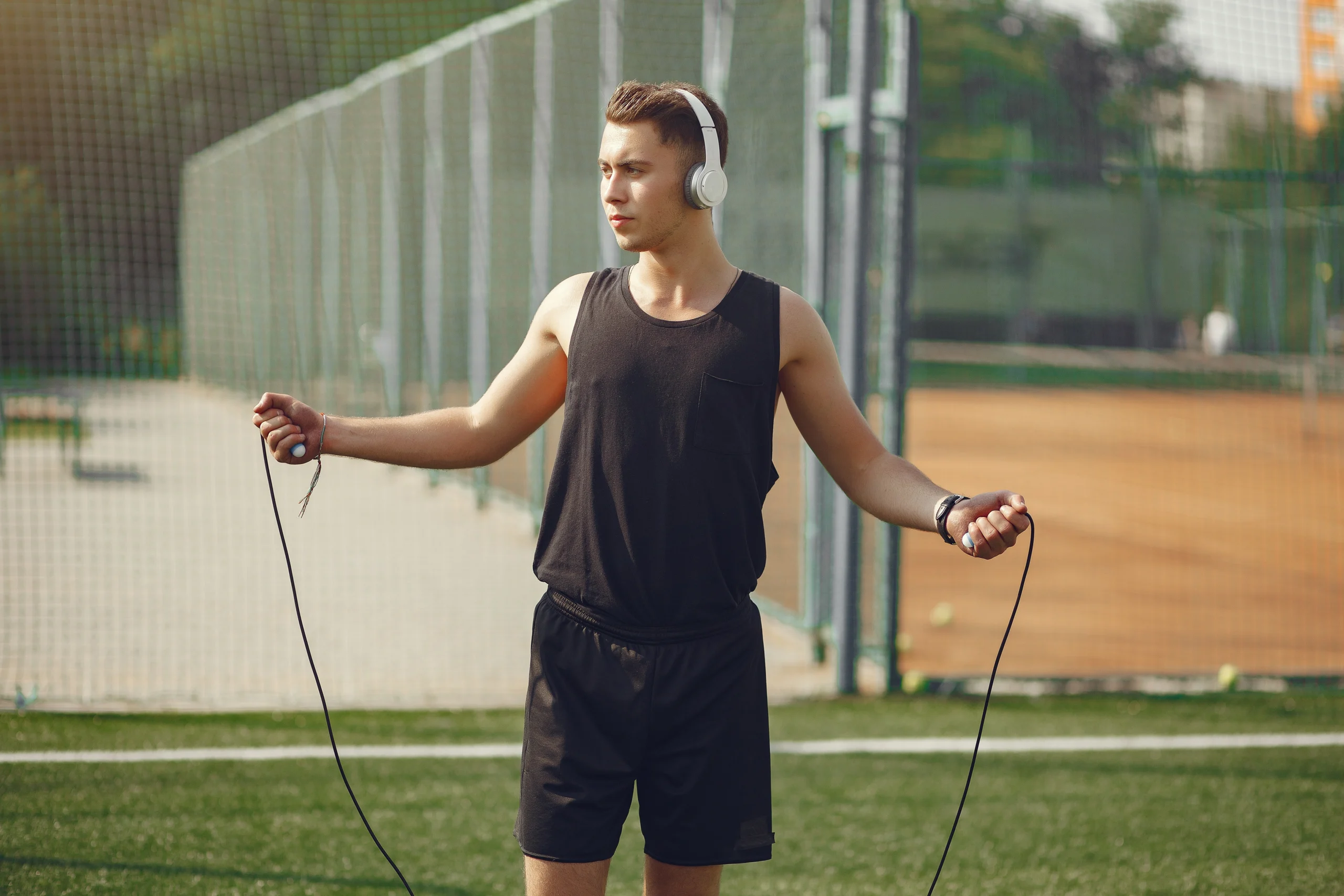Introduction
When kids play games against others, a good diet makes all the difference. Young players, their teachers, and their parents must understand how important diet is for growth and success. This blog post will discuss how young players can improve their performance by eating well, staying hydrated, and timing their meals. This book is for parents, teachers, and players who want to help their kids do well.
Understanding the Basics of Youth Sports Nutrition
Youth sports nutrition promotes growth, development, and well-being, not only athletic performance. Young athletes need nutrition to maintain energy, gain muscle, and recuperate from rigorous exercises. The fundamentals include learning what nutrients are required and how they affect the body.
Energy comes from carbohydrates, which are essential for long-term exercise. However, proteins heal and develop muscles, making them necessary for young athletes wanting to gain strength. Misunderstood fats are critical to health and should be eaten in moderation in a balanced diet.
Micronutrients like vitamins and minerals are as essential as macronutrients. They boost immunological and bone health, which are crucial to athletic performance. A diet rich in fruits and vegetables may help young athletes satisfy micronutrient demands.
The Role of Hydration in Athletic Performance
Sports nutrition must include water, particularly for young athletes more prone to dehydration. Hydration controls body temperature, joint health, and nutrition transfer. Encourage young athletes to drink water before, during, and after exercise.
Dehydration may impair performance with weariness, coordination, and muscular cramping. Young athletes must recognize and treat dehydration quickly. Drinking water when thirsty is a good start, but a hydration strategy suited to individual requirements, ambient circumstances, and sports intensity is better.
Sports drinks may also help young athletes hydrate throughout extended workouts. These beverages restore electrolytes lost via sweat and deliver rapid carbs for energy. They should be used sparingly and not for daily hydration.
Crafting Balanced Meals for Young Athletes
Balanced meals are essential for young athletes. A balanced meal should contain carbs, proteins, and lipids for energy and healing. Food timing should be considered while training and competing.
Breakfast is considered the most crucial meal of the day, and for young athletes, it may determine energy and performance. Whole grains, lean proteins, and healthy fats in breakfast help prolong energy and avoid mid-morning slumps.
Lunch and supper should include lean meats, fish, lentils, nutritious grains, and colorful veggies. Intermeal snacks might keep you energized and reduce overeating. Yogurt, fruit, almonds, and whole-grain crackers are good.
Timing Nutrition for Optimal Performance
Nutritional timing improves athletic performance and recovery. Young athletes must eat before and after exercise to optimize training advantages. Eat a light, carbohydrate-rich lunch or snack 60–90 minutes before exercise to enhance energy.
Food after exercise should replace glycogen and heal muscles. A mix of carbs and protein 30–2 hours after exercise may aid recovery and prepare the body for future training. Milk, chocolate milk, or a turkey sandwich are good post-workout munchies.
Nutritional balance ensures young athletes have enough energy and recovery fuel throughout the day. Meal timing and quality may boost performance and reduce injury.
The Impact of Nutrition on Growth and Development
Young athletes need nourishment for growth and performance. The dietary needs of adolescents are more significant than ever due to fast development. Nutrition promotes bone formation, hormonal changes, and lean muscle mass.
Calcium and vitamin D are crucial for bone health. Young athletes should eat dairy or fortified foods for calcium. Sunlight and fatty fish may also help maintain vitamin D levels.
Iron is also essential, particularly for female athletes at risk of insufficiency. Lean meats, legumes, and fortified cereals provide iron. A proper diet boosts cognitive function, focus, and academic achievement.
Navigating Nutritional Challenges for Young Athletes
Time, dietary choices, and social factors might affect young athletes’ nutrition. Working around school, training, and competitions may make eating well challenging. Plan and prepare meals beforehand to overcome these issues.
Promoting good eating in young athletes requires education and dietary diversity. Parents and coaches may provide different meal alternatives and demonstrate good eating habits. Getting young athletes involved in meal planning might help boost their interest in healthy eating.
Nuanced approaches are needed for social influences. Young athletes should learn how bad diets affect performance and health and make educated decisions. Food and body image positivity is essential.
The Importance of Recovery Nutrition
After training or competition, young athletes need recovery nourishment to heal muscles, restore energy, and minimize weariness. Without a proper recovery diet, athletes may be sore, perform poorly, and injure themselves.
Proteins and carbs underpin recovery nutrition. Eating high-quality protein and carbs after exercise may help rebuild muscle and replace glycogen. Recovery begins with the first meal and continues throughout the day.
Anti-inflammatory foods, including berries, almonds, and fish, reduce muscle discomfort and speed healing. Hydration and rest help young athletes heal and return to their sport stronger.
Building Long-Term Healthy Eating Habits
Young athletes must develop long-term good dietary habits to be healthy and perform well as adults. Lifelong health may be built on a balanced diet and food attention.
Teaching young athletes to listen to their bodies and detect hunger and fullness improves intuitive eating. Increasing food self-awareness and self-regulation helps avoid disordered eating and develop a balanced relationship with food.
Parents and coaches foster these behaviors by providing a pleasant, pressure-free atmosphere. Young athletes may gain confidence in healthy food choices by celebrating little wins and receiving assistance.
Addressing Myths and Misconceptions in Sports Nutrition
Sports nutrition fallacies abound, especially for young athletes. Addressing these may reduce misinformation and promote evidence-based practices. Myths about performance improvement include increased protein consumption and supplement use.
Dispelling these falsehoods requires education. Young athletes and their support systems may learn more about nutrition by consulting reliable sources and having open talks.
More lasting outcomes will come from balanced, whole-food diets over fast solutions and fad diets. Encourage young athletes to prioritize consistency and nutrition above perfection for a more fun and satisfying sport.
Engaging Parents and Coaches in the Nutrition Journey
Young athletes need parental and coaching help to develop good dietary habits. Parent and coach involvement in the nutrition journey provides direction, encouragement, and resources for success.
Parents may help by planning and preparing balanced meals, teaching their kids about nutrition, and encouraging healthy habits. Coaches may help by teaching nutrition and promoting open communication.
Parents and coaches work together to encourage young athletes to manage their nutrition and make decisions that reflect their beliefs.
Encouraging Lifelong Learning in Nutrition
Lifelong learning is vital for remaining informed and adjusting to new sports nutrition research. Young athletes, parents, and coaches should want to learn about nutrition.
Attending workshops and seminars and following nutrition gurus may inspire and inform. A network of specialists, including sports nutritionists, may provide extra support and resources.
A culture of nutrition study and discovery helps young athletes flourish on and off the field throughout adulthood.
Conclusion
Any young athlete may benefit from good sports nutrition. Young athletes may improve performance, development, and lifetime health by focusing on balanced meals, hydration, and nutrition timing. Participating in nutrition with parents and coaches fosters achievement. Young athletes may reach their athletic and personal potential via education and practice. Consult a sports nutritionist or read respected dietary guides to learn more about this critical issue.





